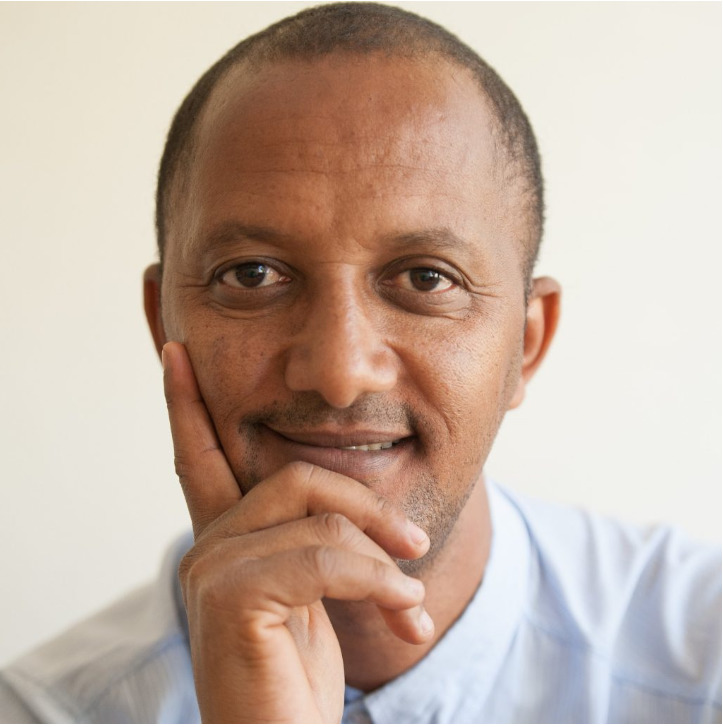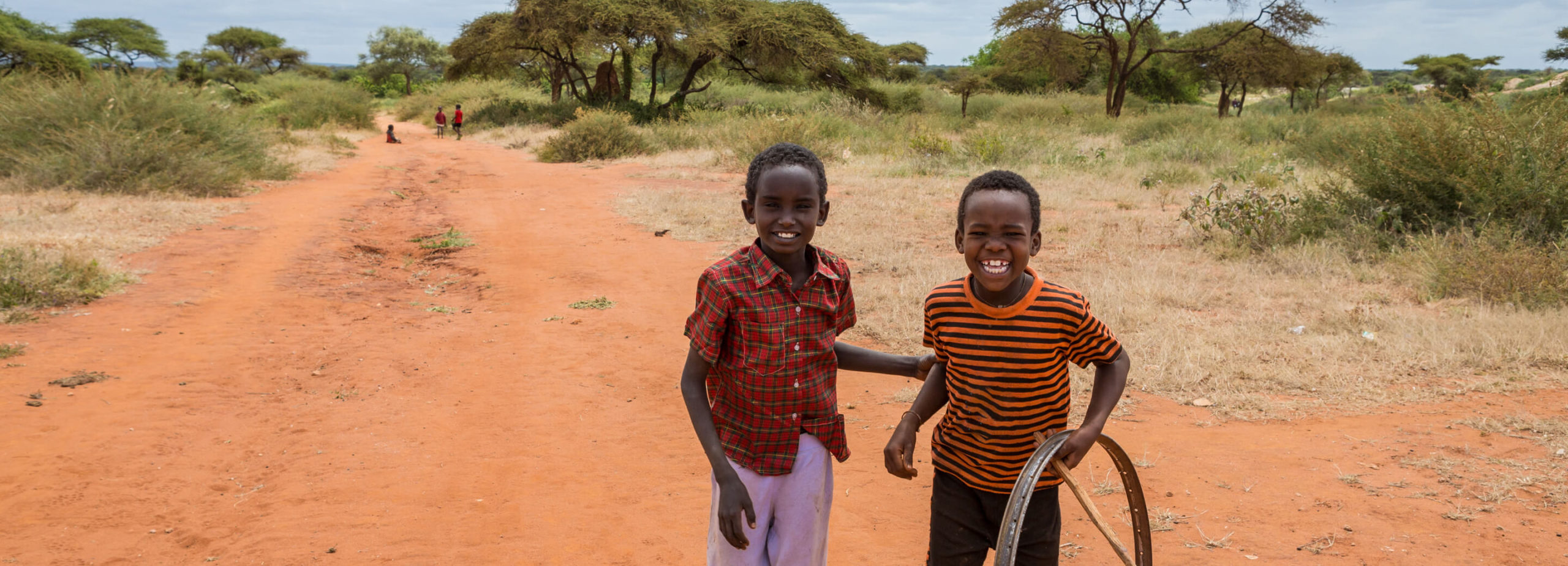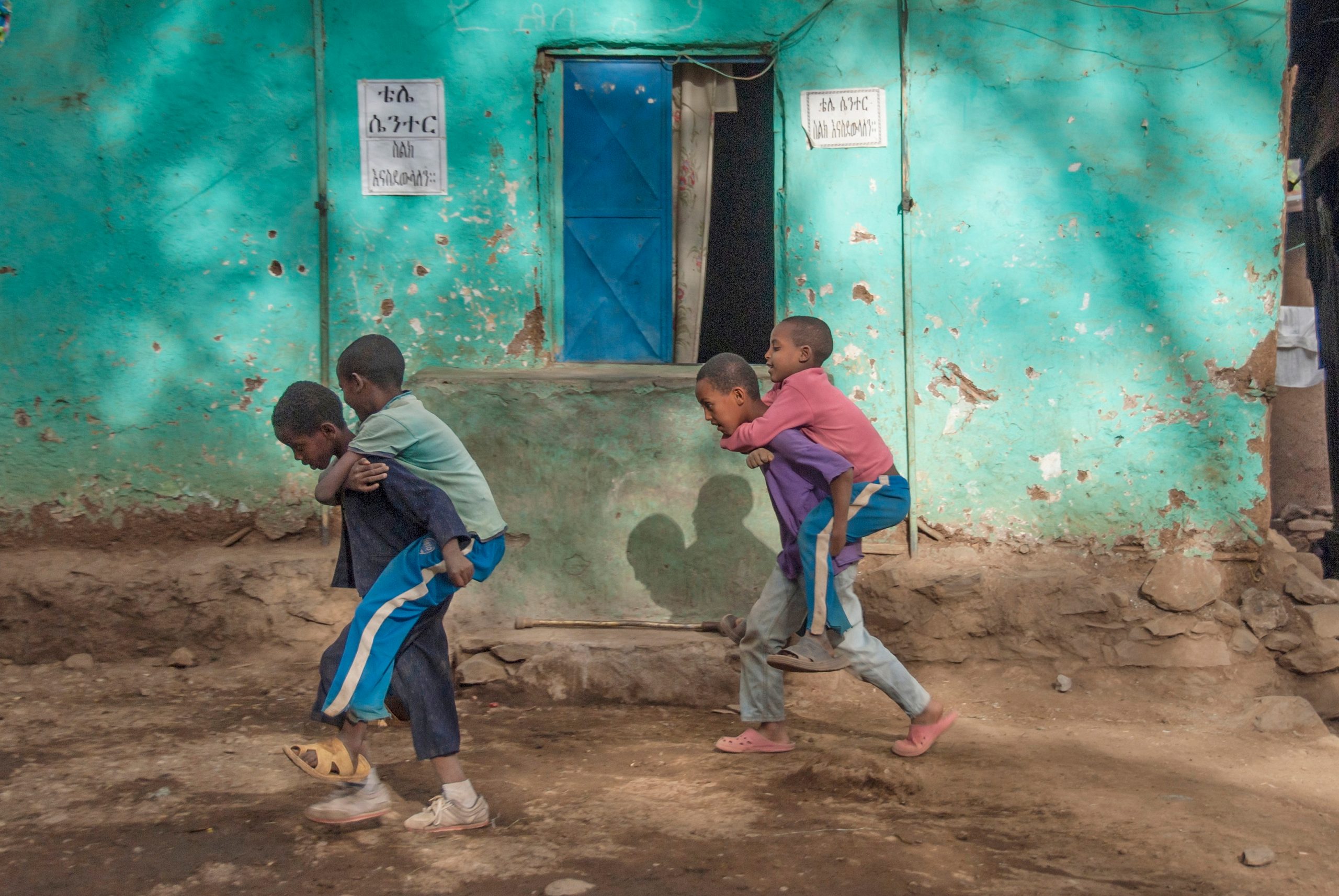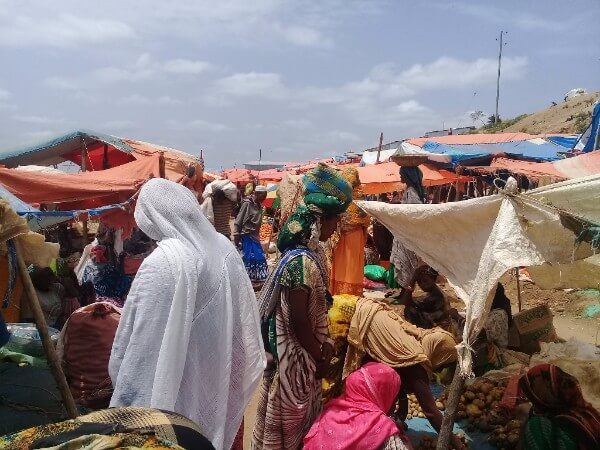
Dr. Nega Assefa Kassa
Assistant Professor of Reproductive Health, Maternal and Child Health, Haramaya University,CHAMPS Ethiopia, Site Director

Dr. Nega Assefa Kassa
Assistant Professor of Reproductive Health, Maternal and Child Health, Haramaya University,CHAMPS Ethiopia
Dr. Nega Assefa is a public health expert in reproductive health and maternal and child health. He has supervised and mentored more than 70 Masters and 6 PhD students at Haramaya University. He has also contributed to course work on sexual and reproductive health, family planning, HIV/AIDS, child growth and survival, and nutrition and dietetics. From 2009-2012, Dr. Nega was the chair of the College of Health and Medical Sciences at Haramaya University and since 2014, he spearheads the Research Groups and Partnerships Directorate at Haramaya University.
Dr. Nega’s research focuses on the areas of pregnancy and childbirth, family planning, child growth and development, and infant and child survival, and he has published 45 peer reviewed articles on reputable national and international journals. Since 2007, Dr. Nega has established and led a Health and Demographic Surveillance under Haramaya University. He assists in monitoring demographic and health changes in 190,000 populations in rural and urban areas of Harar and Kersa in Eastern Ethiopia. He has led a Pneumococcal Conjugate Vaccine study, an adolescent health study, a pregnancy outcome study, and a sanitation and hygiene study.
Dr. Nega is an Honorary Associate Professor at the London School of Hygiene and Tropical Medicine (LSHTM) and Consultant Associate Professor at the Harvard School of Public Health. He is a member of the Maternal and Child Health Advisory Group for the Federal Ministry of Health (FMOH) in which he participated in the development of a policy brief for the Maternal and Child Health Directorate of the FMOH, which was released during the 2016 annual meeting. He is a distinguished member of several editorial boards, including the Training and Research Advisory Group for the Ethiopian Public Health Association, the East African Journal of Health and Biomedical Sciences, and the East African Journal of Sciences.










